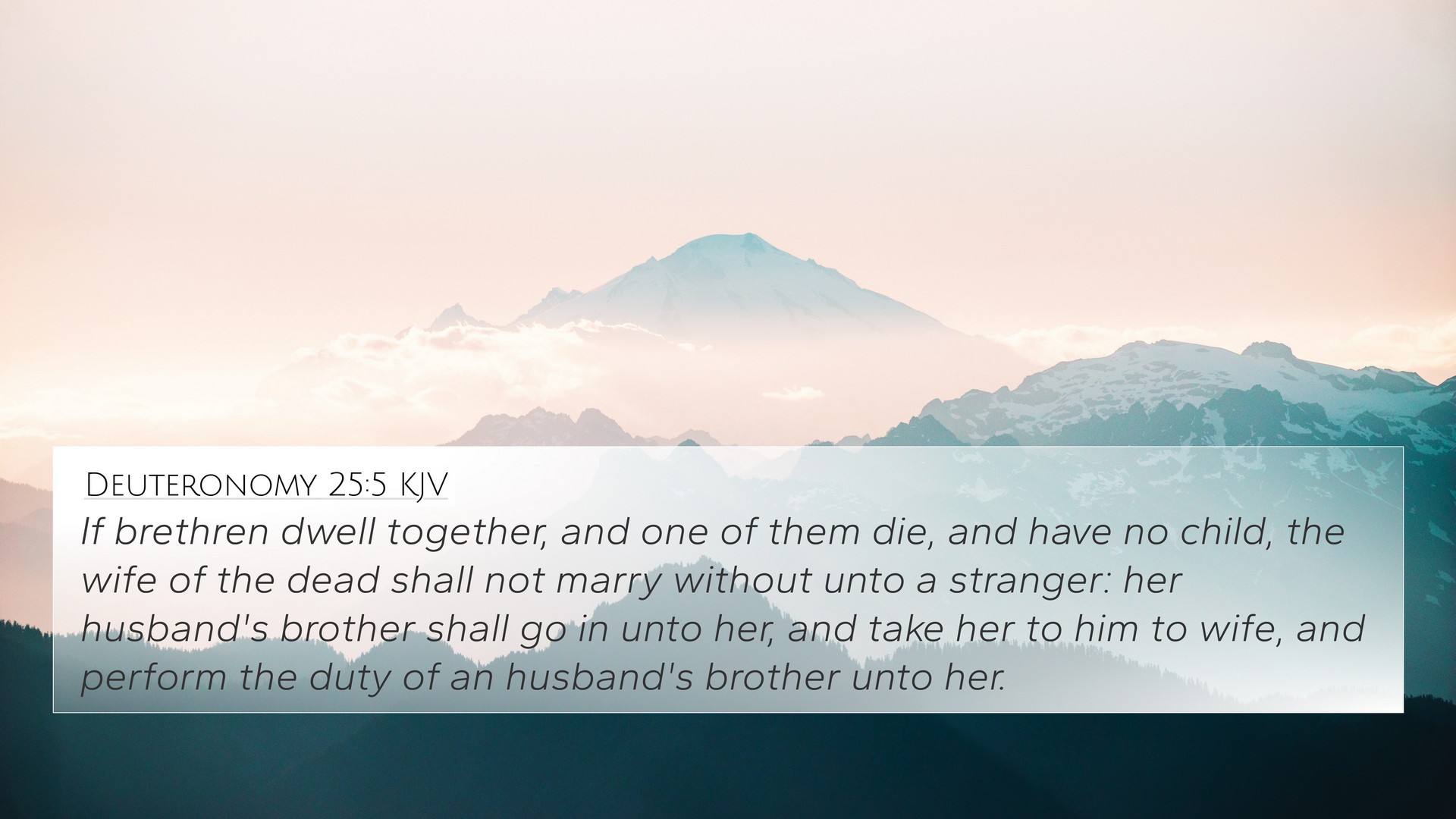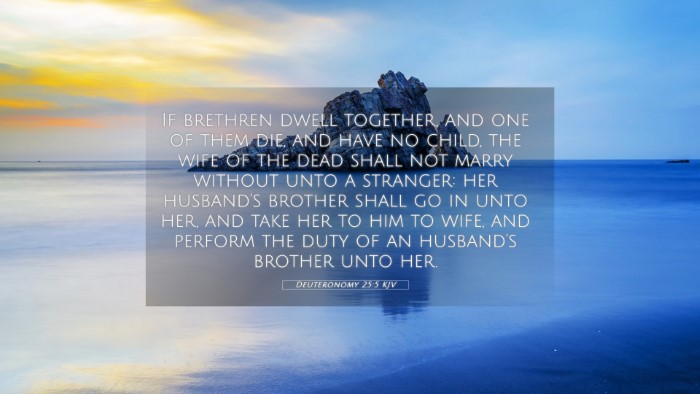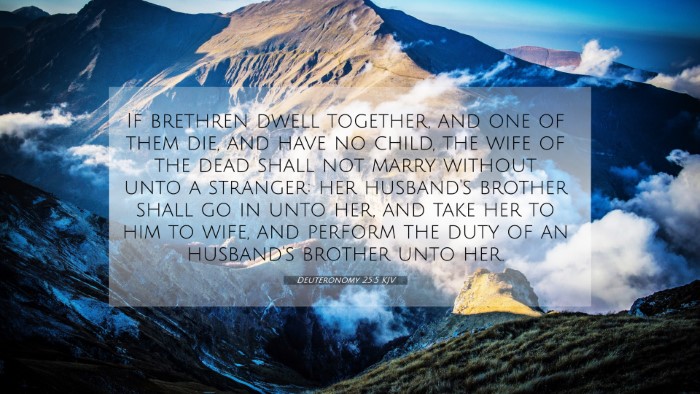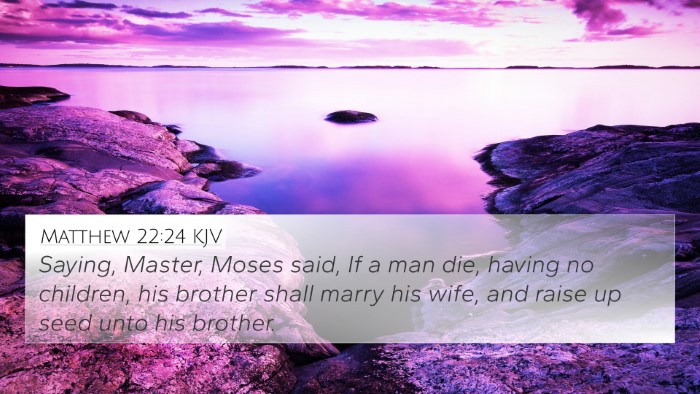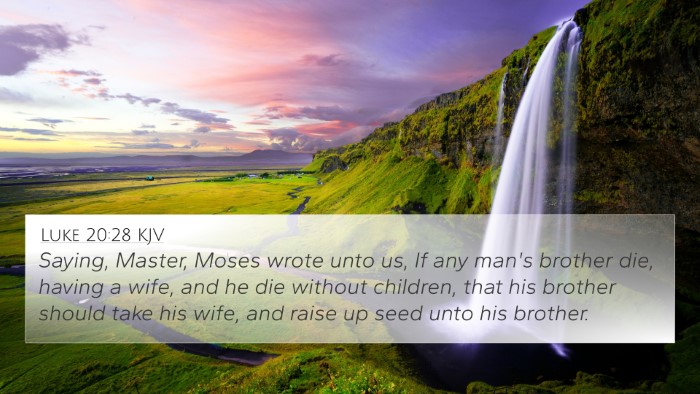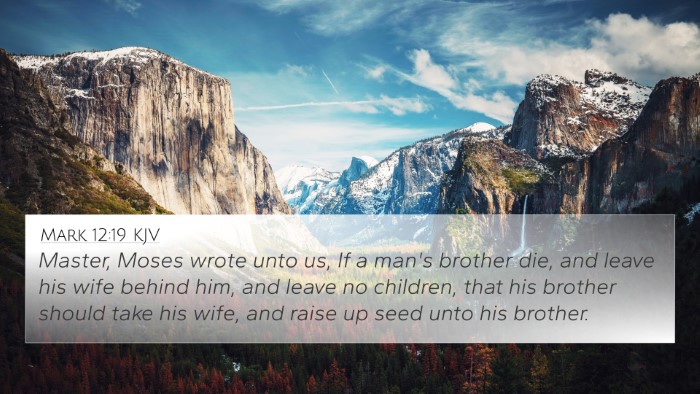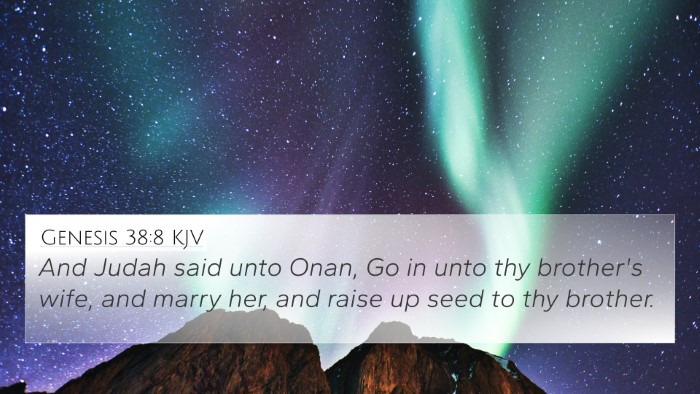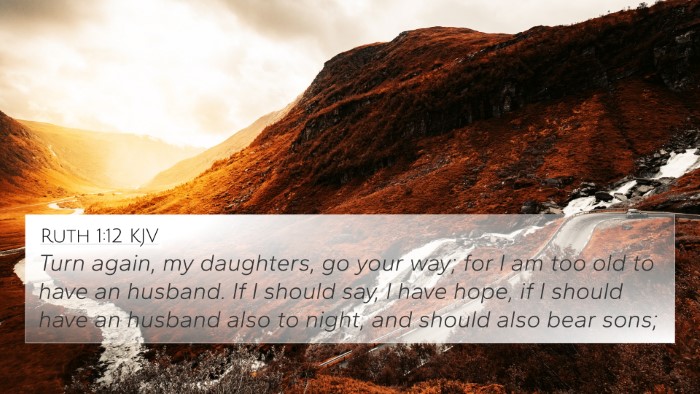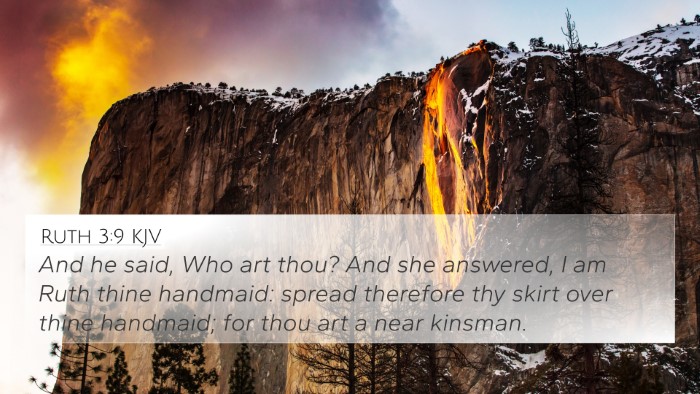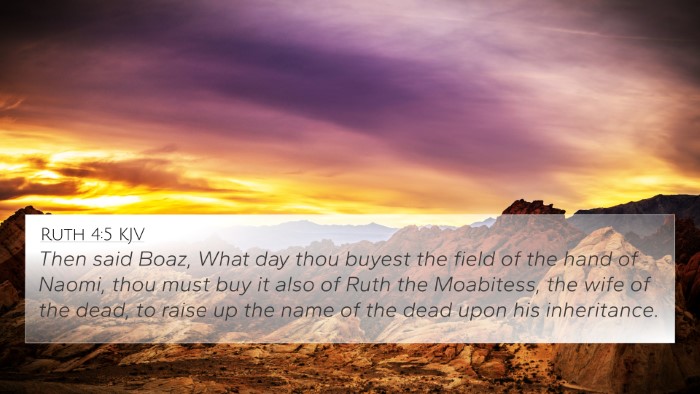Understanding Deuteronomy 25:5
Deuteronomy 25:5 states, "If brothers dwell together, and one of them dies and has no son, the wife of the dead man shall not be married outside the family to a stranger. Her husband's brother shall go in to her and take her as his wife and perform the duty of a husband's brother to her." This verse establishes the requirement of levirate marriage among the Israelites, ensuring the continuation of a deceased brother's lineage and protecting the deceased's family name and inheritance.
Meaning and Interpretation
The instruction found in this verse emphasizes the importance of family and heritage within the community of ancient Israel. It reveals God's concern for maintaining family lines and preventing the dilution of tribal inheritances. The practice of levirate marriage was not only a duty but also a means to safeguard the widow's welfare in a patriarchal society.
Historical Context
In the Ancient Near East, family structures were crucial for social stability. The law given in Deuteronomy highlights the cultural practices of the Israelites, where lineage and property rights were tied closely to male heirs. By requiring a brother to marry the widow, the community acted to preserve social integrity and economic stability.
Commentary Insights
-
Matthew Henry:
Henry emphasizes that this law ensured the husband’s family name would not perish, showcasing God's provision for widows in need of security and lineage. He notes that the law not only served a practical purpose but also reflected deeper spiritual truths about familial duty and God’s providence.
-
Albert Barnes:
Barnes points out that the levirate marriage illustrates the obligation of a brother to his deceased sibling but extends beyond mere obligation to a deep-rooted consideration for God’s commands regarding family honor and responsibility. He underscores that it also served as a protective measure for the widow, ensuring her sustenance and place in society.
-
Adam Clarke:
Clarke elaborates on the cultural implications of the practice, noting its significance in keeping the widow within the family structure. He discusses the broader theme of responsibility towards one another within familial relations, highlighting how this law was indicative of a community that cared for each member's well-being.
Biblical Cross-References
Here are some Bible cross-references that connect with Deuteronomy 25:5:
- Genesis 38:8 - This verse depicts the levirate marriage of Judah and Tamar.
- Ruth 4:1-10 - Ruth's story demonstrates the levirate obligation in practice.
- Matthew 22:24-28 - Jesus references this practice in a discussion about resurrection.
- 1 Timothy 5:14 - The Apostle Paul advises younger widows to remarry, echoing the sentiment of familial support.
- Romans 7:2 - Paul illustrates how marriage bonds relate to the law of God.
- Hebrews 7:14 - The lineage of Jesus is established, showcasing the importance of family lines.
- Deuteronomy 25:6 - The next verse in the chapter continues discussing the heirs and family legacy.
Connections between Bible Verses
The thematic connections across these verses provide a rich tapestry of understanding regarding family duties and God's design for relationships. By studying the connections between Bible verses, one can discern how the principles outlined in Deuteronomy resonate throughout Scripture, reinforcing the need for familial integrity and God's provision for the vulnerable.
Cross-Referencing Biblical Texts
Engaging in cross-referencing biblical texts allows believers to appreciate the multifaceted nature of God's laws and how they operate within the broader narrative of the Bible. Tools such as a bible concordance or a bible cross-reference guide can be invaluable in uncovering these connections.
Practical Application
Understanding Deuteronomy 25:5 not only informs historical context but also invites modern readers to reflect on their responsibilities toward family and community. The verse encourages believers to consider how they can honor family legacies and support the vulnerable among them, echoing the call to love and provide for one another in contemporary contexts.
